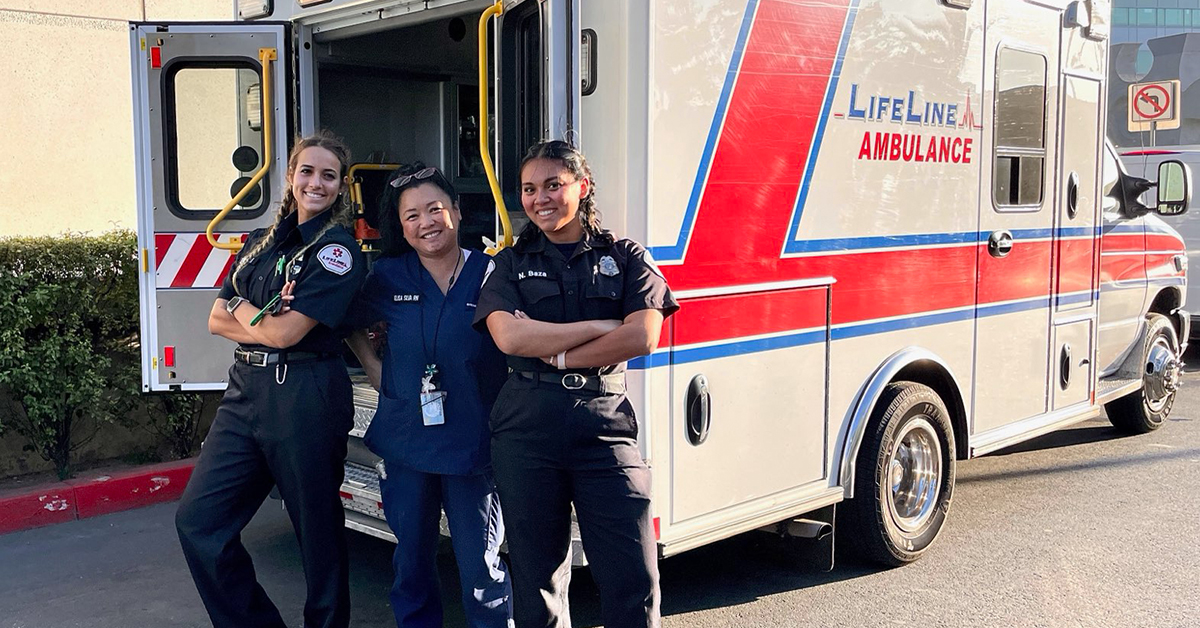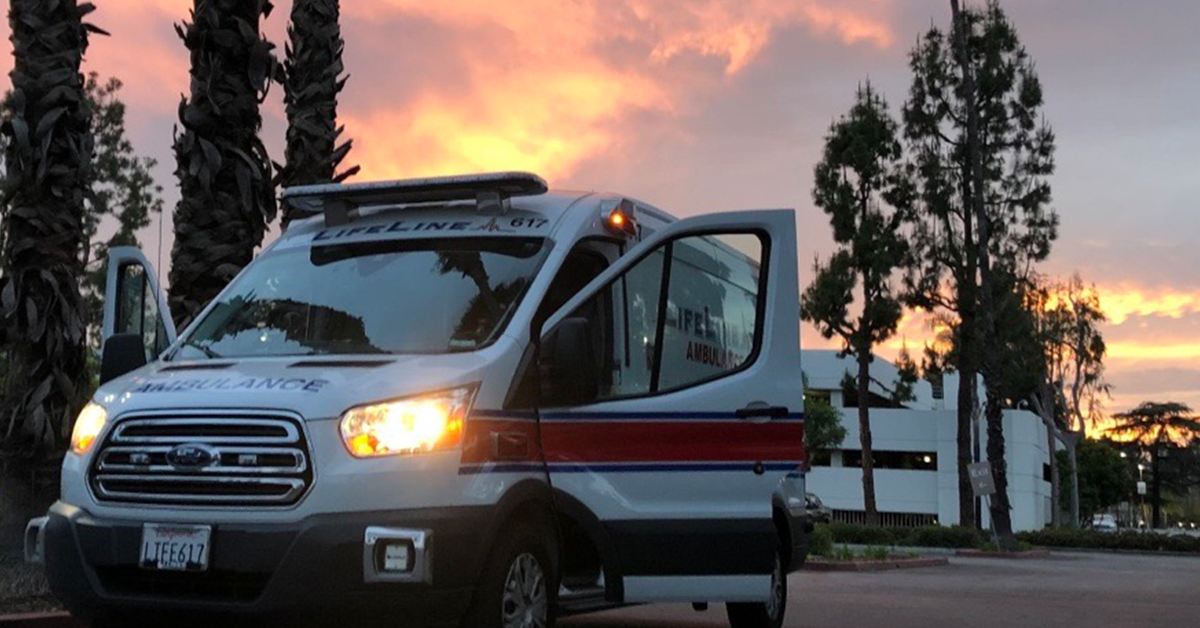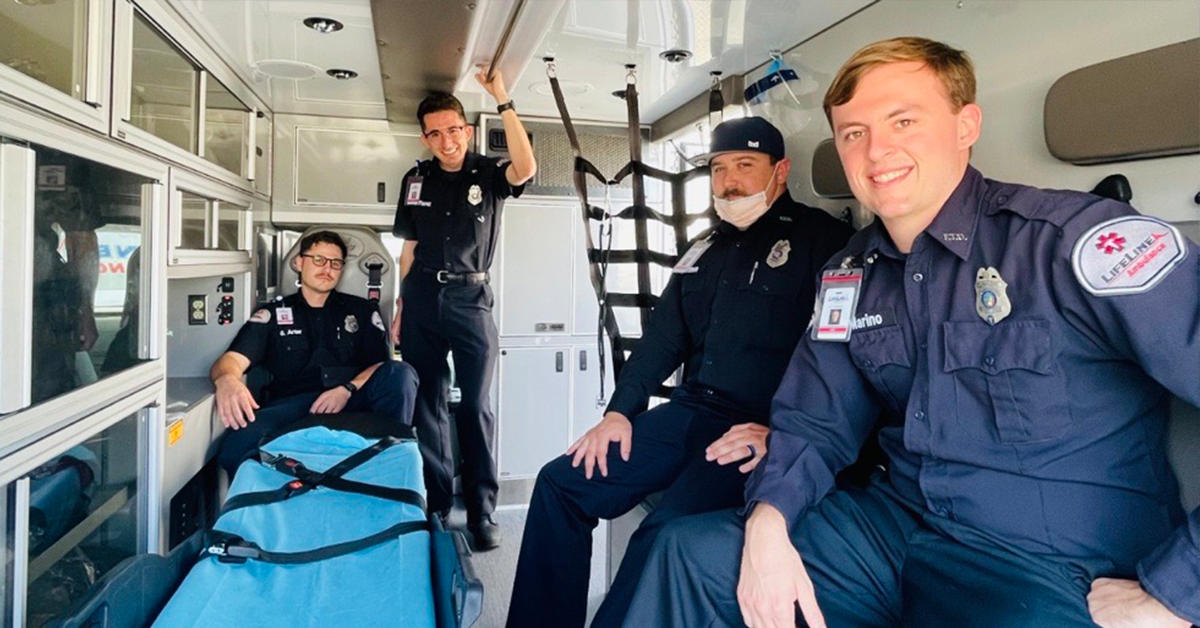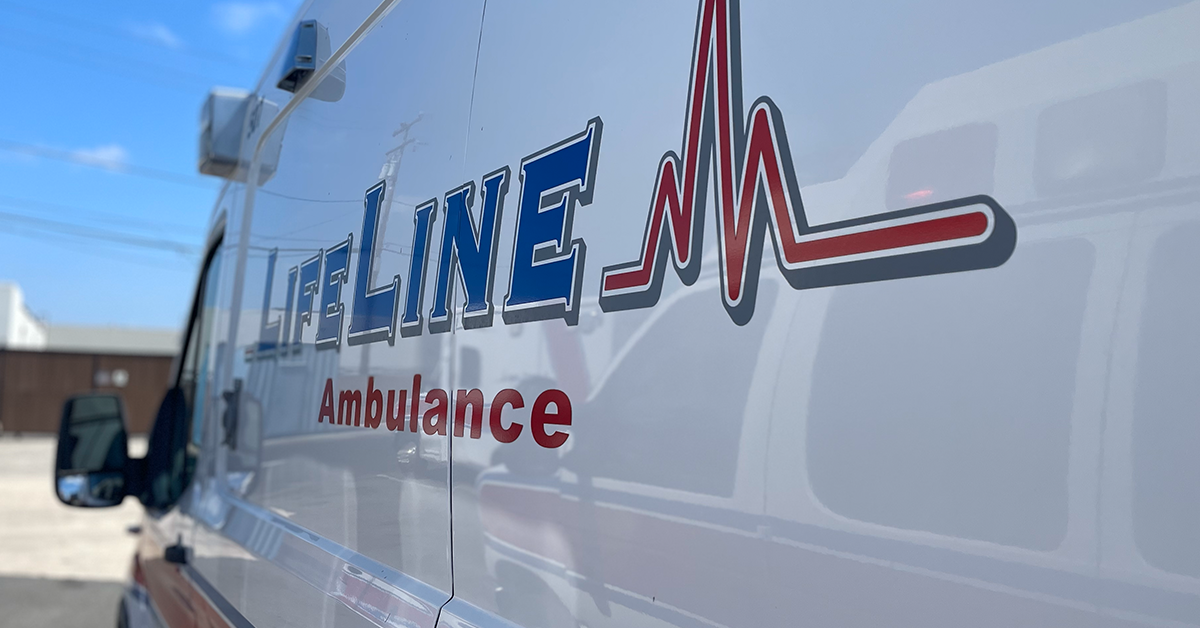Over the course of my career, I have handled, managed, led, screwed up, conquered, and coached many a colleague and team members when they felt badly about a situation. I know that I have left work … a few times … at a 2-outof-10 on the “I love my job scale.” With so much focus on the leadership mindset to cultivate, grow, and protect a more ideal and inclusive culture, I now wonder, who protects the leaders?
For me, it started day two here at my new gig. I moved 3,000 miles from my home to take on a new challenge. The fear, the excitement, every feeling imaginable was present. I resigned from my previous role, I posted on LinkedIn, and I boarded Jet Blue. What was next to come? I attended orientation to experience things from my boots on the ground, from the ground up. I appreciated the anxiety present in the educators. This wasn’t an undercover boss scenario; I had met them when I interviewed. I tried everything in my power to lower the stress in the air, everything I could to provide more comfort and not exude, “be nervous, be nervous, I’m judging you.” In fact, I was not. I was proud to be in my new role at this new place. It was almost a fresh start. I could create first impressions and was excited to do so.
I posted on LinkedIn on the second day of orientation. A picture of an almond bar that the organization put in a logoed wrapper. Something they started doing during the COVID-19 pandemic when it was difficult for EMTs to have access to food appropriately here in LA. It was chock full of things that would kill me, but nonetheless I celebrated the thought and effort, and the culture it symbolized – we care about you and your wellbeing. I was proud of the patch on my arm.
Over the past 14 months, we have celebrated each other a lot. The major accomplishments and the small wins. The complicated patients with a great outcome and the operational challenges that were overcome. I am not only a Paramedic, but my profession and role are part of who I am. I celebrate that as best as I see fit, sometimes on my personal pages, Instagram, the book, LinkedIn. Sometimes I celebrate through company channels that I will then share to promote and gain exposure for all we can give to potentially inspire others in the industry.
Like I am inspired by all of you. Soon after I posted the almond bar of death with its cute wrapper, my post was screenshot by a former colleague that I had worked with in the past on the east coast. I didn’t see his post at first but was soon alerted by a leadership team member that my post was making its way around Facebook, poking fun, and shaming me for spending money on snack bars when other items needed more attention, like new ambulances. I was shamed for working at the wrong company, in the wrong position, in the wrong part of the country. Out of context much?
I wondered, if someone had come to me and was upset about something like this, what advice would I give? I’m pretty sure I have given advice mimicking, “it doesn’t matter” or “nobody cares,” or my favorite, “it’s lonely at the top.” But I was annoyed, upset, bothered by a misconception, my reputation potentially being dragged across an outdated platform that a whole 26 people started to comment on. Why would I even give this a second thought?
The answer is simple. If you can reach out and engage with someone and ask why, you can learn something. So, I did. I messaged them: “Hi, hope all is well. I’m
I’m curious as to why you screenshot my post and spread misinformation. If you have any questions, I’d be happy to answer them. I’m just confused and thought I’d ask why? I work in California now.”
Within the 48 seconds that it took for the respondent to formulate a plan, the post was down, an apology was sent explaining the misconception and the closing sentence got to me: “No one has ever asked me why before.”
I thoughtfully paused and chose not to respond. Then I opened messenger again and did: “Sometimes the why matters. In fact, most of the time it can help others truly understand motivation and how to lead better.” He simply closed out the conversation with, “I’m Sorry,” and justifying his why. I felt triumphant. It wasn’t about the win. It was about the engagement; it was about the connection that day – that this bully would think twice next time. Well, maybe he would. I had pride for the patch on my arm.
So, fast forward and nearly a year goes by. My heart and mind have been shattered a million times a day by misaligned EMSers who would rather not go the extra mile, are not good kind humans, or just don’t care for the mission, vision, and values as much as I do. And that’s ok. I have dealt with bullies and meanies and managed them out, as those behaviors are not tolerated here. We have a “no jerk policy.” Whatever your definition of “a jerk” is, you know it when you see it. I have seen it. I have lifted up others when they have not been strong enough on their own to handle the cruelty that is the EMS world. I have disagreed with others who felt they were being bullied with unreasonable expectations, and I have ensured that I adopted a very important thought process: “Others cannot make me feel a certain way, only I can allow myself to feel any way.” That sentiment has helped me in my professional career. It stops making me the center of attention and allows us to focus on the business and get our jobs done in an amazing way. You may subscribe to the “trust battery theory” or use the “MRI – Most Reasonable Interpretation” method. All of these used in simultaneity creates resilience and allow leaders to focus on the big picture.
The past few months, as I continue to have pride in the patch on my arm or celebrate things in my personal life, I have been targeted on social media. Instagram trolls who clearly know of me are trying to make me look bad. They have blossomed into delivering a litany of comments on my posts. Insulting me, committing acts of slander, and trying to ruin my reputation. I delete the comments, block the user, only to have another fake account to pop up the next day.
So, what would I tell a mentee, what advice would I give. I self-coached and counseled with a 1% interest in conquering this challenge. Not because I’m crying in the corner, the opposite. It’s a challenge that may affect any one of us. Should I care? Does it influence others? Do these awful insults and untruths change the trajectory of my career? The answers are all unknown in this no-win situation. What are the options: \
- Take down social media or don’t post, who cares anyway, right?
- Just ignore it and keep deleting the comments, you’re not that important anyway, right?
- Write an open letter to the committer of these egregious personal crimes, because you’ll feel better and move on.
- And so many more.
I have been bullied several times throughout my life. Maybe you can empathize. I have been bullied for being a redhead with curly hair, being Jewish, being tall, being older than most paramedics when I started, getting a promotion, being a girl, having an opinion, trying to succeed, studying hard, and eating breadsticks from France at school lunch in 5th grade. We see online bullying impacting teenagers that are tragically taking their own lives because they feel awful about themselves. We see people with low self-esteem believing what the bullies say. We see leaders turning a blind eye and tolerating this behavior because if they do something about it, that EMT might quit, and they are short-staffed.
This article is how I handled this situation.
It won’t stop, it may not stop, I’m not sure. I know I can handle it, because maybe you’re right, nobody cares. But here is the thing, you need to care. If you are a leader in an organization that employs humans, you are required to care. EMS leaders must care. You cannot be truly proud of the patch on your arm if your organization doesn’t stand for kindness and integrity. Luckily mine does. If you witness, hear of, or investigate actual acts of bullying or harassment, you must handle and have that crucial conversation of accountability.
If one leader or up-and-coming leader handles something differently tomorrow because of this article, that is the win.
Most of us are proud of their patch. Most leaders want others to be proud. To whomever is thinking about our accomplishments so highly that you need to harshly sabotage the good out there, this one’s for you. There, I feel better. I feel better because I care. I feel better because when people say, “nobody cares,” I proudly can say, “I Do.”
So, who protects the leaders?
Keep Reading
Want more? Here are some other blog posts you might be interested in.
Emergency Medical Services professionals are often the first point of contact during critical health crises. While technical expertise is essential in emergency...
Emergency Medical Services play a critical role in ensuring the health and safety of communities. In Southern California, including Los Angeles, the...
In the fast-paced and demanding field of emergency medical services (EMS), culture plays a pivotal role in defining a company’s success. At...







